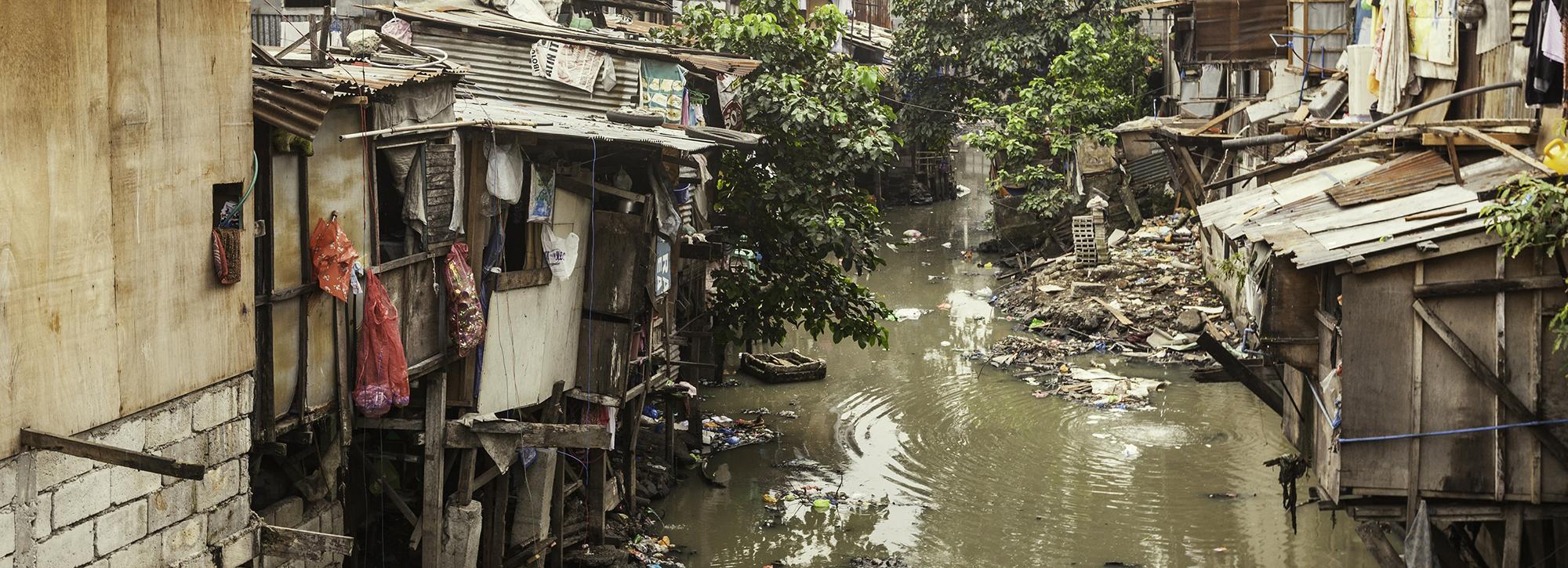
Developing new tools to build climate change resilience into WASH
Exploring innovative ways to improve worldwide access to Water, Sanitation and Hygiene (WASH) has been the focus of a global effort by UNICEF over the last 15 years. Ensuring that WASH services and infrastructure are climate resilient is vital for the programme’s continued success. HR Wallingford has been working with UNICEF and the Global Water Partnership (GWP) to ensure climate resilience is built into the delivery of WASH, and has developed new tools which can be used by UNICEF country officers and the sector as a whole.
According to WHO/UNICEF figures*, 844 million people still lack even a basic drinking water service, and 159 million of the most deprived people use untreated, unsafe water from lakes and rivers. Improving rural water supply is a significant challenge, and continued investment is needed to help to reduce the huge inequalities between those able to access clean water and sanitation and those who can’t. Since, many of these deprived communities are located in remote areas, rural water supply will remain a challenge for many national governments and their development partners for years to come.
Water and climate change are interconnected. Droughts and floods can wash away or contaminate water supplies, putting lives at risk, including an estimated 60 million children who live in these areas, and who already have low levels of access to water.
HR Wallingford, in collaboration with the Overseas Development Institute (ODI), has worked with UNICEF and the Global Water Partnership (GWP) to develop a Strategic Framework for WASH Climate Resilient Development. HR Wallingford led the work to develop the framework which has been designed for use by practitioners in the WASH sector, and which puts the emphasis on climate-resilient development.
The Framework, together with Technical Briefs and Learning Modules to support it, is now freely available on a new GWP website launched this month.
José Gesti Canuto, Water and Environment Specialist with UNICEF, said: “The materials that have been developed are a direct response to requests coming from the field. It has been a long journey of collaboration, but we can now take these new knowledge products, and apply them in practice to bring real benefits on the ground.”
During the development of the Framework, the risk assessment methodology was piloted in 11 countries of West and Central Africa. Around 40 participants mapped the main climate-related risks to WASH and built a roadmap for action per country, considering the country context in terms of ongoing activities, viable adaptation options, priorities for implementation and funding opportunities.
Dr Nigel Walmsley, Technical Director in the Water Management Group at HR Wallingford, said: “The new website, with the freely-available tools we have developed, are flexible and can be adapted for use anywhere in the world. They will help UNICEF and others involved in WASH development to assess and mitigate climate change risks, and so improve the resilience of future WASH development to climate change.”
* WHO/UNICEF Joint Monitoring Programme for Water Supply, Sanitation and Hygiene (JMP)
